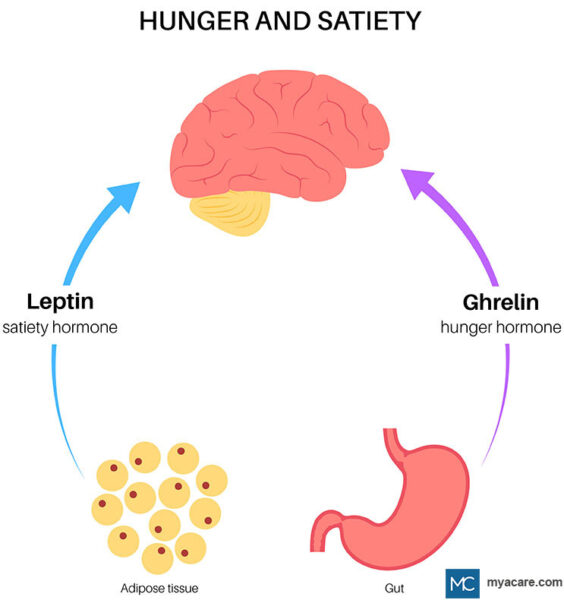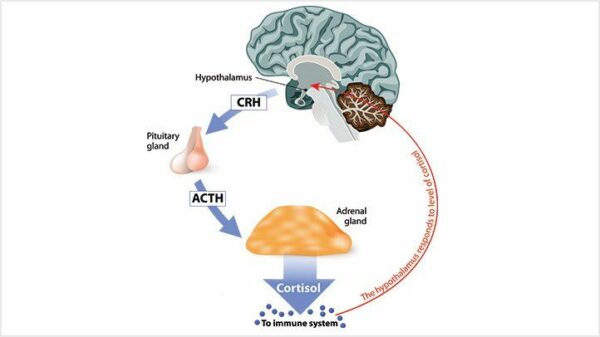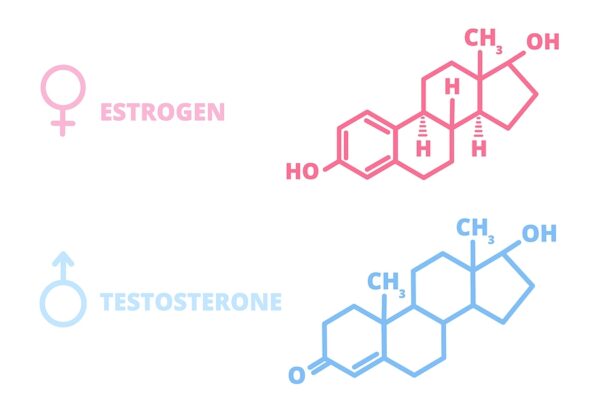How to Turn On the Weight Loss Hormones
In a world where gyms promise rapid weight loss, brands push fat-burning supplements, and food products claim to be “diet-friendly,” it’s easy to get caught up in the quest for a slimmer figure. Yet, despite following strict diets and exercise routines, many people find themselves stuck at a plateau, with the scale refusing to budge. The culprit? It might just be your hormones.
Hormones play a significant role in regulating weight, and sometimes they can make losing weight feel like an uphill battle. But don’t worry—there are ways to manage these hormonal influences and give your weight loss efforts a much-needed boost. Here’s a look at the key hormones that impact your weight and how you can keep them in check.
1. The Hunger Hormone: Leptin

Leptin, produced by fat cells, is responsible for regulating your body’s fat stores and suppressing appetite by sending signals to the brain. However, in people with obesity, high levels of leptin can lead to leptin resistance, where the brain no longer responds effectively to the signals, making you feel hungry even when you’re full.
How to Control Leptin:
- Reduce Fructose Intake: Fructose, found in fruits and many processed foods like soft drinks, candy, and flavored yogurts, can contribute to leptin resistance. Cutting back on these can help.
- Get Enough Sleep: Lack of sleep is linked to higher leptin levels and resistance, so ensure you get adequate rest to help regulate your appetite.
2. The Stress Hormone: Cortisol

Cortisol, produced in the adrenal glands, helps control blood sugar levels, metabolism, and stress responses. However, chronic stress can lead to excessive cortisol production, which encourages the body to store fat, especially around the abdomen, and increases appetite.
How to Control Cortisol:
- Lead a Stress-Free Life: Managing stress is key to controlling cortisol levels. Try relaxation techniques like yoga, meditation, or tai chi, and invest time in nurturing your relationships.
- Reduce Caffeine: While moderate caffeine consumption might not be harmful, excessive intake can spike cortisol levels. Try to limit yourself to one cup of coffee per day.
- Exercise Regularly: Aerobic exercise can help lower cortisol levels and stimulate the production of endorphins, the body’s natural “feel-good” hormones.
3. The Sex Hormones: Estrogen and Testosterone

Estrogen and testosterone are critical in body fat distribution. Low levels of estrogen, especially after menopause, can lead to increased fat storage in the abdomen. Similarly, low testosterone levels in men are associated with higher body fat and reduced muscle mass.
How to Manage Estrogen:
- Consider Supplements: Post-menopausal estrogen supplements may help prevent fat accumulation, but it’s crucial to consult with a healthcare professional before starting any treatment.
How to Manage Testosterone:
- Strength Training: Engaging in strength training exercises can boost testosterone levels, promoting muscle gain and fat loss.
- Optimize Your Diet: A balanced diet rich in protein, carbohydrates, and healthy fats can help maintain testosterone levels. Avoid extreme dieting, which can disrupt hormone balance.
While hormones play a pivotal role in weight management, there’s only so much you can control. Managing stress and hunger hormones can significantly impact your weight loss journey, but some factors, like sex hormones, may require medical intervention. Always consult with your doctor before making significant changes to your diet, exercise routine, or supplement regimen. With the right approach, you can turn off those weight gain hormones and get back on track with your fitness goals.